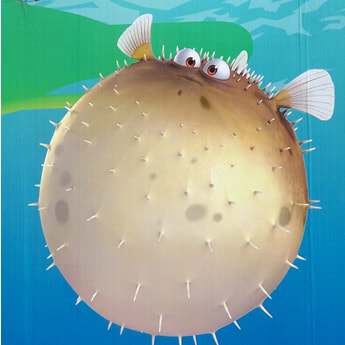|
Back in November last year I wrote a blog about tick borne encephalitis (TBE) in the UK caused by viruses under the title “Deadly brain disease passed by ticks now in Britain”… not my title but rather the Telegraph newspaper. This was related to the discovery of deer ticks in Thetford Forest which showed evidence of infection with the TBE Flaviviruses. However this isn’t the only cause of TBE in the World, there are others such as the parasitic disease babesiosis… and you’ve guessed it…. we now have it here in the UK! Wonderful!?
More and more of us are being affected by imposed quarantine measures (sometimes at very short notice!). Holiday plans are all over the place (we are not going to the Drakensberg’s, our flight is cancelled, UK residents are banned and there is 14 days of quarantine even if we could get in! Boom, our holiday’s gone BUST!). There is mass quarantining on a global scale. But added to this is the fact that in the UK you must also quarantine yourself if you are exposed to a person with Covid-19. No ifs, no buts, do not pass “Go”, do not “collect £200”. But where does the term quarantine come from, what does it mean and are we “actually” using it correctly?
Okay, you don’t really need me to tell you that the Covid-19 pandemic has been a bit of a nightmare; medically, socially and psychologically. As of the 12th August there have been 20.4 million cases reported worldwide with 744,000 deaths. These are pretty scary numbers but large scale death and destruction from infectious diseases is nothing new.
Infectious diseases have been the leading cause of death for the human species, and over recent centuries there have been some horrendous pandemics that make Covid-19 so far look pretty small. In this blog I’m going to look at just 3 infectious diseases whose pandemics give Covid-19 some perspective… Cue wavy lines and wobbly music as we go back in time to the 6th Century… Plagues The first of our “recent” plague pandemics is known as the Plague of Justinian (541-542), which affected the Eastern Roman Empire, especially Constantinople and the Mediterranean region. It is estimated to have killed 50 million people during the initial pandemic and in the 200 years after when it continued to circulate. This was up to a quarter of the World’s population at this time! Justinian I was Emperor of Rome when the pandemic started; apparently he caught the plague but survived. The next plague pandemic was the Black Death (1347-1353) which killed an estimated 30-60% of the population of Europe, about 100-125 million people! There are thousands of ossuaries (bone collections) in Churches around Europe full of the remains of those killed by the Black Death. The Black Death resulted in a number of social, religious and political upheavals that shaped the future of Europe including movement of people in to cities, decline of the power of the Church and increased power of governments. Editor Chief in Charge and I have spent the weekend trying to work out what we’re going to do if/when we can’t go on holiday later this year because of a certain unmentionable pesky virus. The basic answer is that we might not be going somewhere exotic! But why might not being able to go on holiday somewhere exotic be a good idea?!?
I know… pufferfish! Pufferfish are tropical fish found especially in Asia. They are called pufferfish because they have a rather unusual defence strategy; they can fill their stomachs with water so that they balloon up into a ball shooting numerous spiky spines outwards. Any predator stupid enough to try and eat a pufferfish gets a mouth or stomach full of spines and probably chokes… nasty. Bloat, from the Disney film “Finding Nemo” was a pufferfish; he blows up like a beach ball every time something startles him… he’s my favourite character and he’s hilarious! |
Facebook has deleted the Microbiology Nuts & Bolts pages - if you want your weekly dose of microbiology then you will need to come here, and we look forward to you continuing to read it!
Blog Author:
David Garner Please DO NOT advertise products and conferences on our website or blog
Categories
All
Archives
November 2022
Categories
All
|
| Microbiology Nuts & Bolts |
|




 RSS Feed
RSS Feed
